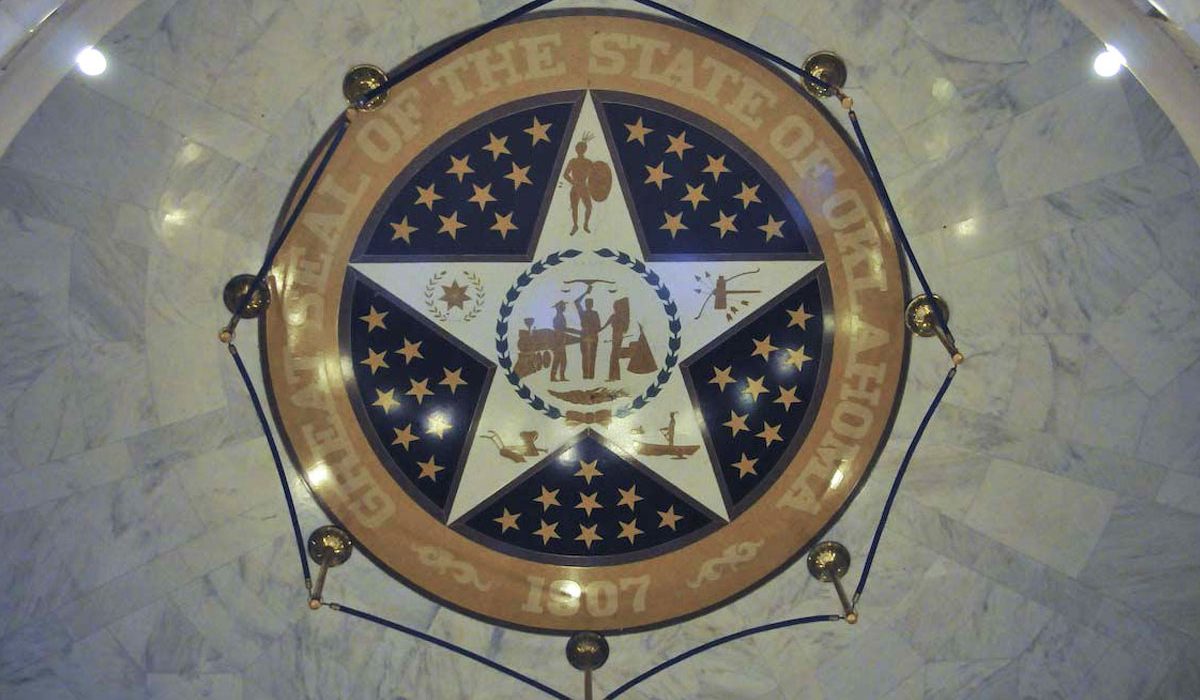By Josh Breechen
We’re now just over a month into regular session and the budget for FY ’19 looks promising. Our state economy is recovering and state revenues are rising.
There are valid ideas to reallocate spending towards greater priorities that can turn even a flat budget forecast into real gain. These solutions could provide for a meaningful teacher pay raise while addressing other core government needs. For every $60 million reallocated, we could provide a $1,000 teacher pay raise. Therefore, approximately $180 million in savings is needed for a $3,000 teacher pay raise. To this end, I’ve authored two bills that have passed commitee and that can provide $170 million once fully implemented.
Unfortunately, the public has been led to believe that state government has no more room for efficiencies. Some are convinced the only viable solutions for a meaningful teacher pay increase must include tax increases to also be paid by working families. This is not accurate.
We have been working tirelessly the last year to find solutions and majority of the 58 bills I filed this session are aimed at leveraging greater efficiencies. I owe it to those I represent to not increase their tax burden when a reallocation of certain funds can better serve our state.
Oklahoma currently spends a higher percentage of her citizen’s personal income on public welfare than 25 other states. With this in mind, our state’s Medicaid coverage for working age/able-bodied adults can be lowered to the range of coverage found in 11 other states, resulting in $84 million in annual savings. Approximately 106,000 Oklahomans are a part of the parent/caretaker group receiving Medicaid coverage but are not pregnant, not nursing a child, not disabled, not blind, not age 65 or older and not 18 years of age or younger.
Of the current 106,000 able bodied/working age adults supported by Oklahoma taxpayers, 32% are males and 25% are two adults living in same home and both receiving Medicaid coverage. Eligibility for parent/caretaker Medicaid coverage is dependent upon having children, not income alone. The parent/caretaker who receives Medicaid coverage for having a child must be compared to other able-bodied adults who make the same income yet don’t qualify since they don’t have children of Medicaid age (up to 18).
My SB 1030 calls for adopting a coverage rate for the able to work parent/caretaker Medicaid recipients that is higher than what seven other states currently use. Texas and Arkansas both cover the parent/caretaker Medicaid recipients at a lower rate than what SB 1030 proposes. The bill would NOT change Medicaid coverage for a recipients child or for any children but only for the working age parent/caretaker who is able to work.
The Tobacco Settlement Endowment Trust (TSET) also needs to be reformed and capped so that we can support vital state services while still accomplishing TSET’s original mission. Pastilla barata venta viagra sin receta donde adquirir sildenafil femenino precio para https://www.eoi.es/blogs/fernandobayon/2020/10/23/comprar-viagra-generico-online/ genérico españa levitra, mastercard. Farmacias levitra comprar viagra, 5mg This year, I’ve authored SJR 45 to utilize TSET funds for our graduate medical schools due to a loss of federal matching funds that was unforseen. The cost to support our graduate medical schools has increased significantly as a result of the federal decision and so the state must now come up with $61 million annually in state funds to secure the training of Oklahoma’s future doctors.
If approved by a vote of the people, TSET funds can be utilized for this purpose and that would free up general revenue for other needs like education. Many Oklahomans believe the millions spent by TSET experimentally and on commercials/billboards for tobacco cessation and obesity can be better spent. These teaching hospitals are vital for our state’s continued access to physicians and the health of our state. As drafted, SJR45, would shift $86 million from TSET towards state health-related purposes, such as graduate medical education, while still allowing the board of TSET to spend 75 percent of the annual earnings.
These two bills have the potential to create $170 million in annual savings once fully implemented. I’ve introduced more bills that I’ll discuss in the future to free up tens of millions more in taxpayer dollars.
To contact me at the Capitol, please write to Senator Josh Brecheen, State Capitol, 2300 N. Lincoln Blvd. Room 413, Oklahoma City, OK, 73105, email me at brecheen@oksenate.gov, or call (405) 521-5586.


